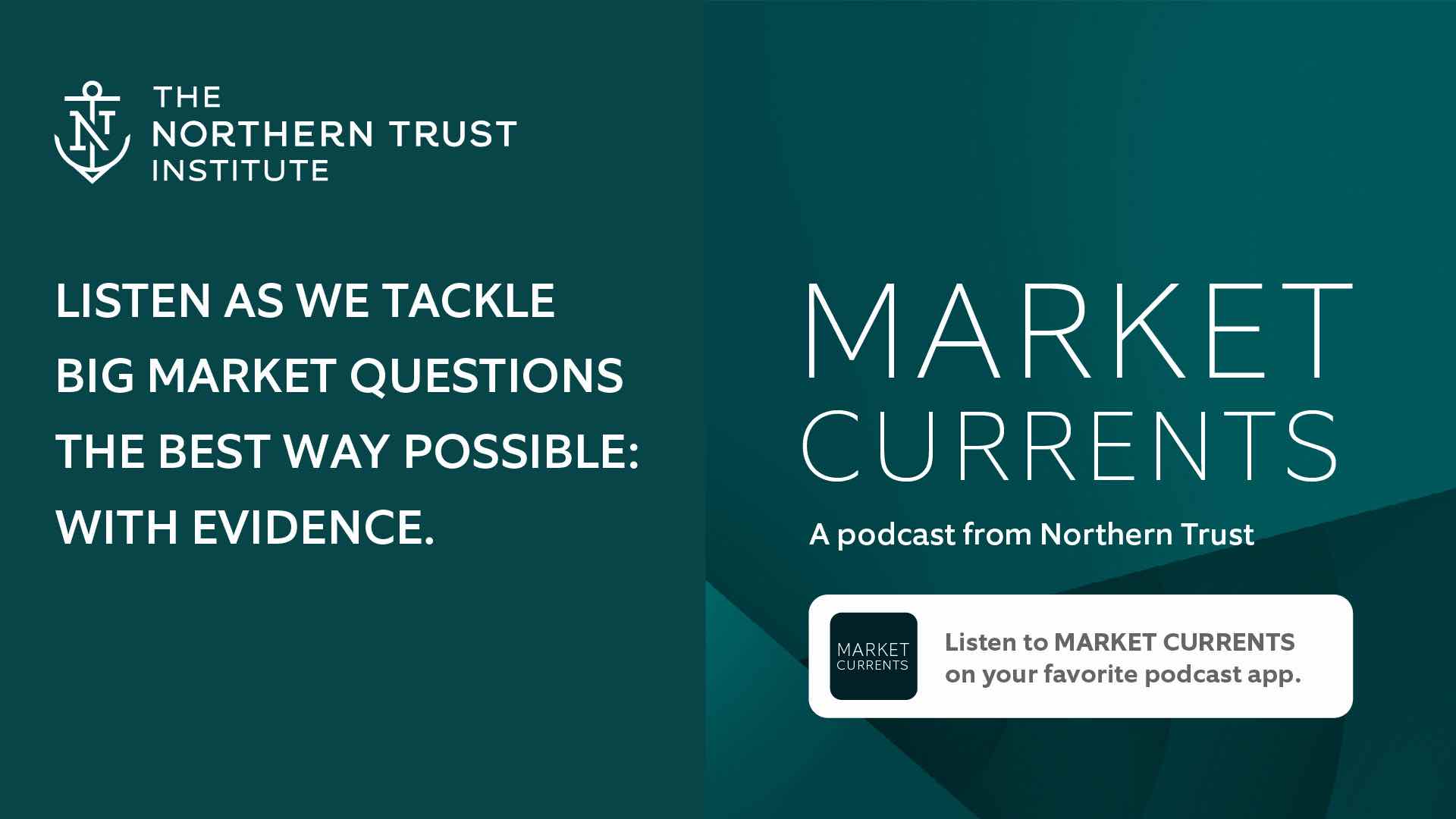| | | | | | | Presented By Northern Trust | | | | Axios Markets | | By Kate Marino ·Oct 18, 2021 | | 👋 Welcome back to Monday Markets! 📈 Stat of the day: Bad news for oatmeal and oat milk lovers ... Oat futures have surged 76% since July, to all-time highs. - Expect the smallest oat crop on record this year, with hot and dry weather in the midwest to blame, the WSJ writes.
🚨 Heads up: Join Axios' Sara Kehaulani Goo and Ina Fried tomorrow at 12:30pm ET for a virtual event examining the current inequities within hiring practices, product development and machine learning in the tech industry today. - Guests include Girls Who Code CEO Tarika Barrett and TechEquity Collaborative co-founder and CEO Catherine Bracy. Register.
⏱ Let's get down to business. Today's newsletter is 1,161 words, 4.5 minutes. | | | | | | 1 big thing: Retail sales stun again |  Data: FRED; Chart: Axios Visuals The strength of retail sales data has shocked prognosticators for the second month in a row. Although September spending was lower than the peaks reached in the post-vax, pre-Delta variant honeymoon economy of the spring, consumers still spent more defiantly than economists had expected. What's new: Total retail sales grew 0.7% in September from the prior month, compared with consensus estimates for a decline of 0.2%, according to government data out Friday. - The same thing played out in August when sales gushed in at a revised 0.9% increase relative to expectations for a 0.7% decline.
Why it matters: Higher prices helped push up the absolute spending numbers. But inflation or not, consumers were willing to fork over cash, which bodes well for the Q4 economy and the coming holiday shopping season. The intrigue: Consumer sentiment surveys have continued to flummox forecasters. - The Conference Board's closely watched Consumer Confidence Index declined in its last three readings, and the University of Michigan Consumer Sentiment Index has been plummeting since July.
- "I think there was probably too much emphasis put on some of those surveys," Yung-Yu Ma, chief investment strategist at BMO Wealth Management, tells Axios.
The big picture: Inflation led to consumer prices that were 0.4% higher on average in September than they were in August — or more than half the rate of retail sales growth. - An extreme example of how this plays out: Spending on automobiles was up 0.5% during the month. But unit sales of vehicles were down 6.2%, according to previous government data.
- In other words, people weren't buying more cars — just paying more for fewer cars.
What they're saying: "Inflation is going to have an effect, but [the numbers] still point to healthy demand ... spending isn't falling off," Ma says. - "The retail sales numbers are encouraging in the face of elevated Delta variant cases in September and supply chain issues many companies are facing," LPL Financial equity strategist Jeffrey Buchbinder said in a Friday research note.
Yes, but: The positive spending data is probably not enough to move the needle back up on overall Q3 consumption and growth estimates, wrote LPL analysts. What's next: The crucial holiday spending season. - "I think a lot of the challenges with the holiday season are simply going to be more supply-related. [People] have money, and want to spend savings that's been built up," Ma says.
|     | | | | | | 2. Catch up quick | | China's GDP growth slowed to 4.9% in the third quarter from a 7.9% year-over-year clip in the second quarter. (Axios) Union leaders representing film workers in Hollywood reached a deal with studios to avoid a strike. The new agreement, which still needs the sign-off of union members, includes mandatory breaks between shifts and annual wage increases. (Washington Post) Johnson & Johnson created, and then put into bankruptcy, a new subsidiary that holds legal claims against it. The claims stem from litigation alleging that its Baby Powder and other talc-based products caused cancer. (Reuters) |     | | | | | | 3. Goldman's latest feat |  Data: FactSet, company filings; Chart: Axios Visuals Goldman Sachs took back the crown for the top equity trading desk on Wall Street, Axios' Courtenay Brown writes. - Revenue there edged out that of rival Morgan Stanley, which is typically number one.
- Goldman's expanding prime brokerage business (which handles trades for hedge funds) is one reason for the surge, Reuters reports.
It helped put Goldman Sachs — the last of the big banks to report earnings — over the top. The year isn't over, and 2021 is already its best ever in terms of overall revenue and profit, CEO David Solomon told analysts on Friday. Why it matters: Frenetic markets, blockbuster deal activity and a going-public boom have propelled the big banks to record-breaking quarters. - That's made their on-fire Wall Street divisions the recovery standout, while another reality plays out for Main Street-facing businesses: lackluster consumer lending at the likes of JPMorgan, Bank of America and Citigroup.
The bottom line: The big banks — Goldman Sachs, Morgan Stanley, Bank of America, Citigroup and JPMorgan — collectively had one of the most profitable quarters ever, with a total of $32 billion, according to FactSet. - That tops the $22 billion in profits the group raked in this time last year. Early in the pandemic, profits were clipped as banks socked away tens of billions of dollars to prepare for a wave of bad loans (which never came).
- The banks have since been releasing that money, helping to buoy earnings.
|     | | | | | | A message from Northern Trust | | How to prepare your portfolio for tax reform | | |  | | | | Prepare your portfolio and wealth plan for change with research-based insights on the likelihood of proposed tax policy changes and cutting-edge wealth planning strategies for managing complex wealth from The Northern Trust Institute. Ready for reform? | | | | | | 4. Texas beyond oil and gas |  Data: Federal Reserve Bank of Dallas; Note: A very small amount of the totals reflect mining activity; Chart: Thomas Oide/Axios Oil and gas production is a key part of the Texas economy. But the state is poised to perform well even if tackling global warming sends the sector into decline, a Dallas Fed analysis argues, Axios' Ben Geman writes. The big picture: Energy price swings have long affected Texas' financial fortunes, with sharp declines "depressing broader activity." - But the relationship has its limits. From the early 1980s until the early 2000s, production declined yet Texas' economy kept outperforming the nation, the analysis notes.
Why it matters: "This experience suggests that the relative strength of the Texas economy could persist in coming decades even if the upstream oil and gas sector experiences a long-term decline due to the energy transition," write economists Christopher Slijk and Keith R. Phillips. How it works: The state's economy has been diversifying for decades. Oil and gas production's share of the economy remained below its early 1980s peak even after the fracking boom began in the 2000s. - Some diversification has been into oil and gas linked sectors, like petrochemicals.
- But there's also the expanded tech sector, renewable power, computer IT services and more.
The bottom line: "Over the next several decades, the enduring factors that have drawn people and businesses to Texas are likely to continue to play an outsized role in determining the state's growth premium relative to the U.S." |     | | |  | | | | If you like this newsletter, your friends may, too! Refer your friends and get free Axios swag when they sign up. | | | | | | | | 5. What we're watching this week |  | | | Illustration: Eniola Odetunde/Axios | | | | This week's load of housing data will tell us more about whether supply chain problems in the building industry are getting worse. All eyes will be on Tuesday's release of housing starts and new building permits. By the numbers: The number of homes authorized but not started — one indicator of lack of labor and materials — has receded from its June peak, but in August it headed back up again. - Consensus estimates for September housing starts call for 1.623 million (seasonally adjusted annual rate), up a tad from 1.615 million in August, according to FactSet.
What they're saying: Analysts at Credit Suisse wrote on Friday that for housing starts estimates they'd normally look to the pickup in building permits over the last two months. - But "due to builder constraints and backlogs we see a smaller increase [in September housing starts]. Backlogs continued to climb while houses that are authorized but not yet started reached the highest level since 1979," they said.
- "The home starts will speak to how much of a lull there could potentially be when we look forward to next quarter," BMO's Ma adds.
Also out this week: The NAHB homebuilder sentiment survey will be released later today, and existing home sales are slated for Thursday. |     | | | | | | A message from Northern Trust | | Market Currents podcast: Listen now | | |  | | | | Market Currents, a new podcast from The Northern Trust Institute, explores today's most hotly debated investment topics. Join host Katie Nixon as she interviews industry experts to investigate the evidence on both sides by separating facts, myths and theories. | | | | 📫 Thanks for starting your week with Axios Markets. A reminder that your family, friends and colleagues can subscribe to Markets or any of Axios' other free newsletters through this link. |  | | It'll help you deliver employee communications more effectively. | | | | | | Axios thanks our partners for supporting our newsletters. If you're interested in advertising, learn more here.
Sponsorship has no influence on editorial content. Axios, 3100 Clarendon Blvd, Suite 1300, Arlington VA 22201 | | | You received this email because you signed up for newsletters from Axios.
Change your preferences or unsubscribe here. | | | Was this email forwarded to you?
Sign up now to get Axios in your inbox. | | | | Follow Axios on social media:    | | | | | |












No comments:
Post a Comment